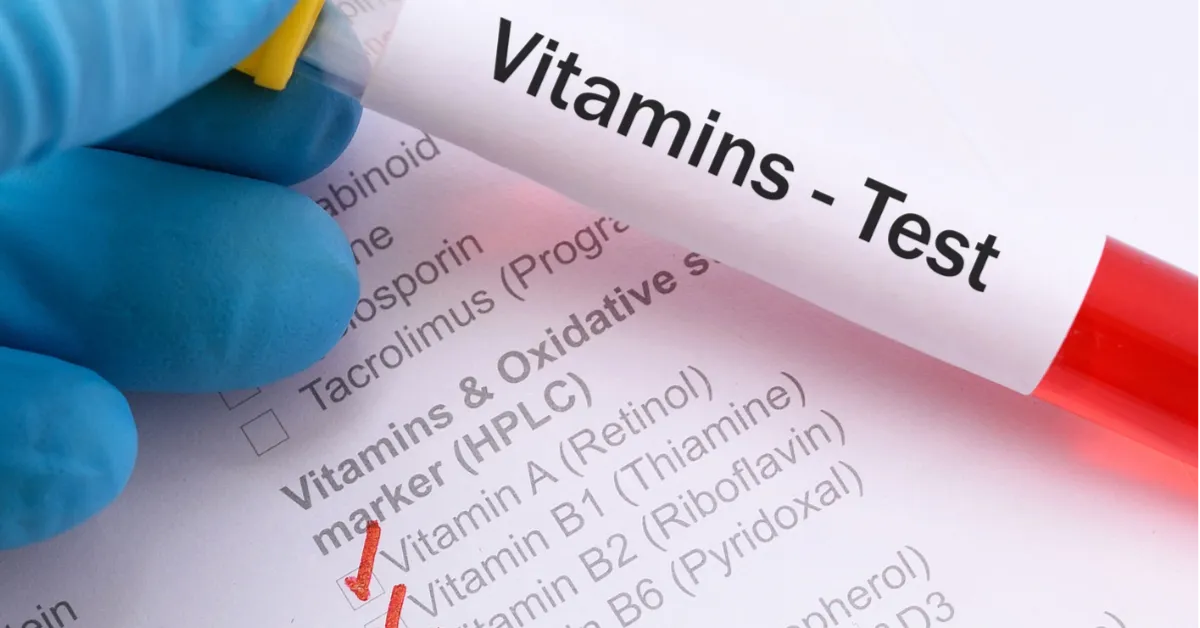EN 19067 Vitamin B3 Testing in Meat Products
The European Standard EN 19067 provides a harmonized procedure to determine the total amount of niacin (Vitamin B3) in meat products. This testing is crucial for ensuring food safety, quality, and compliance with international standards.
Meat products are a vital component of human nutrition, providing essential amino acids, proteins, iron, and other nutrients. Vitamin B3 plays a key role in energy metabolism, skin health, and neurological functions. Ensuring the accurate measurement of this vitamin is critical for maintaining product integrity and consumer trust.
The procedure outlined in EN 19067 involves several steps to ensure precise measurements. Initially, the sample must be prepared by homogenization and subsequent extraction using a suitable solvent. This step ensures that all parts of the meat are uniformly processed, leading to accurate results. The extracted solution is then analyzed using High-Performance Liquid Chromatography (HPLC) with UV detection.
The HPLC method allows for high sensitivity and specificity in detecting Vitamin B3. However, it requires careful calibration and validation steps to ensure accuracy. This includes the use of standard solutions that are traceable to primary references such as those provided by ISO or NIST.
Once the analysis is complete, the results are compared against the reference values specified in EN 19067. Any deviations from these standards can indicate potential issues with the manufacturing process or ingredient sourcing. This testing also helps in ensuring that meat products meet regulatory requirements and industry standards for Vitamin B3 content.
Regular monitoring of Vitamin B3 levels is essential, especially given the variability inherent in raw materials and processing methods. By adhering to EN 19067, food manufacturers can maintain consistent product quality and comply with international standards.
The significance of this testing extends beyond mere compliance; it enhances consumer confidence by ensuring that meat products are safe and nutritious. This is particularly important for consumers who rely on meat as a primary source of Vitamin B3 in their diet.
- Customer Impact: Ensures consistent product quality, regulatory compliance, and enhanced consumer trust.
The results from EN 19067 testing provide valuable insights that can be used to optimize production processes. For instance, identifying any discrepancies in Vitamin B3 levels allows manufacturers to adjust their formulations or sourcing strategies accordingly.
Moreover, this standardized approach promotes transparency and traceability throughout the supply chain. By adhering to EN 19067, food companies demonstrate their commitment to quality and sustainability, which is increasingly important for maintaining a competitive edge in the market.
Quality and Reliability Assurance
The reliability of EN 19067 testing is underpinned by rigorous quality control measures. These include regular calibration checks of HPLC equipment, strict adherence to standard operating procedures (SOPs), and participation in proficiency testing programs.
Our laboratory adheres strictly to ISO/IEC 17025 accreditation requirements, ensuring that all tests are conducted under controlled conditions. This accreditation guarantees the competence and reliability of our analytical services, providing peace of mind for our clients.
The accuracy and precision of our results are further enhanced by employing experienced analysts who have undergone specialized training in HPLC methodology. Regular internal audits and external reviews ensure continuous improvement in our testing practices.
We also invest heavily in maintaining state-of-the-art instrumentation, which is essential for delivering reliable and repeatable test results. Our commitment to quality extends beyond the laboratory; we work closely with clients to understand their specific needs and tailor our services accordingly.
By partnering with us, food manufacturers can trust that they are receiving accurate, consistent, and compliant data on Vitamin B3 content in meat products. This confidence is crucial for maintaining product integrity and ensuring compliance with international standards.
Customer Impact and Satisfaction
- Increased Product Quality: Accurate Vitamin B3 testing ensures that meat products meet the highest quality standards, enhancing consumer satisfaction.
- Compliance Assurance: By adhering to EN 19067, clients can ensure their products comply with international regulations and industry standards.
- Enhanced Consumer Trust: Reliable testing builds trust among consumers who rely on meat as a primary source of Vitamin B3 in their diet.
- Competitive Advantage: Demonstrating compliance and quality can give clients an edge over competitors, especially in the competitive food market.
The impact of accurate Vitamin B3 testing extends beyond just individual products; it contributes to a broader commitment to sustainable practices within the industry. By ensuring that meat products are safe, nutritious, and compliant with international standards, we help build a more reliable and transparent supply chain.
Environmental and Sustainability Contributions
The accurate measurement of Vitamin B3 in meat products also contributes to environmental sustainability by promoting efficient use of resources. By ensuring that the correct amount of this essential nutrient is present, food manufacturers can minimize waste and optimize production processes.
In addition, adhering to international standards like EN 19067 helps reduce the risk of contamination or adulteration in meat products. This not only enhances product safety but also supports environmental sustainability by ensuring that consumers receive high-quality, uncontaminated food.
By providing accurate and reliable testing services, our laboratory plays a crucial role in supporting sustainable practices throughout the food industry. Our commitment to quality and compliance ensures that clients can contribute positively to the environment while maintaining market competitiveness.





